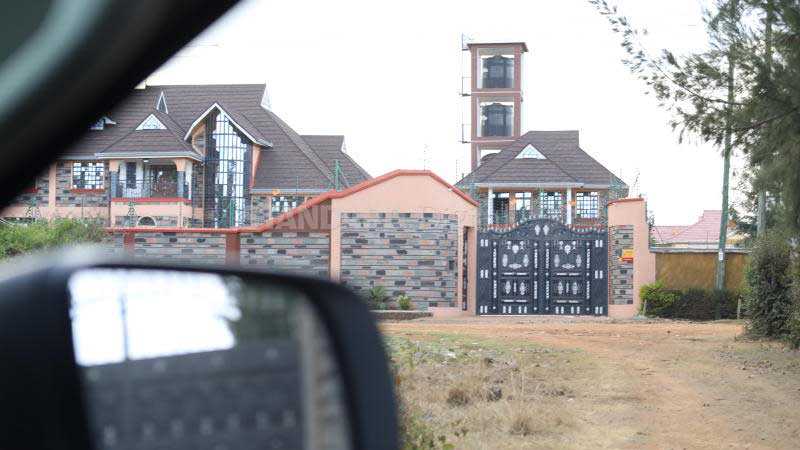×
The Standard e-Paper
Fearless, Trusted News

On a flight full of Kenyan athletes returning to Nairobi from Frankfurt, Germany, an exited Ronald Kipchumba Ruto bragged to team mates how he had kissed poverty goodbye.
“Poverty is something we see on TV,” an athlete who was on that flight narrated to the Sunday Standard how Kipchumba was bragging.